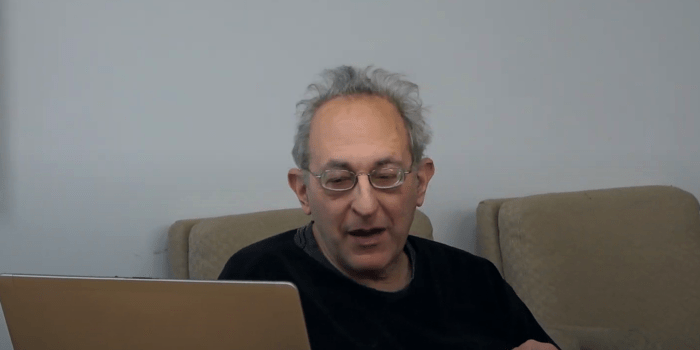(Molly Bruns, Headline USA) Steven Shaviro, professor of film at Wayne State University, received a suspension after posting on Facebook declaring it to be more “admirable” to kill conservative speakers visiting college campuses than it is to disrupt their events.
Shaviro’s post clarified that while he does not advocate “violating federal and state criminal codes,” he does believe that it is “far more admirable to kill a racist, homophobic, or transphobic speaker than it is to shout them down.”
According to the Daily Caller, the university placed Shaviro on paid leave shortly after the post went live. Law-enforcement agencies were notified of the occurrence.
“When right-wing groups invite such speakers to campus, it is precisely because they want to provoke an incident that discredits the left, and gives more publicity and validation to these reprehensible views than they could otherwise attain,” Shaviro wrote.
“These protesters get blamed instead of the bigoted speaker; the university administration finds a perfect excuse to side publicly with the racist or phobes; the national and international press has a field day saying that bigots are the ones being oppressed, rather than the people those bigots actually hate being the victims of oppression,” he added.
The screed follows on the heels of a recent episode at Stanford Law School, during which federal Judge Kyle Duncan was prevented from speaking after a staged ambush by a woke “diversity” administrator.
Shaviro compared the situation to the 1926 assassination of Simon Petlirua, a Ukranian socialist and military leader who was assassinated in retaliation for the deaths of Jewish people by Petlirua’s forces.
The professor concluded the post by pointing out that the assassin received acquittal by a Parisian jury.
University President Roy Wilson released a statement responding to the situation and condemning Shaviro’s comments.
“We have on many occasions defended the right of free speech guaranteed by the First Amendment to the U.S. Constitution, but we feel this post far exceeds the bounds of reasonable or protected speech,” Wilson wrote. “It is, at best, morally reprehensible and, at worst, criminal.”

